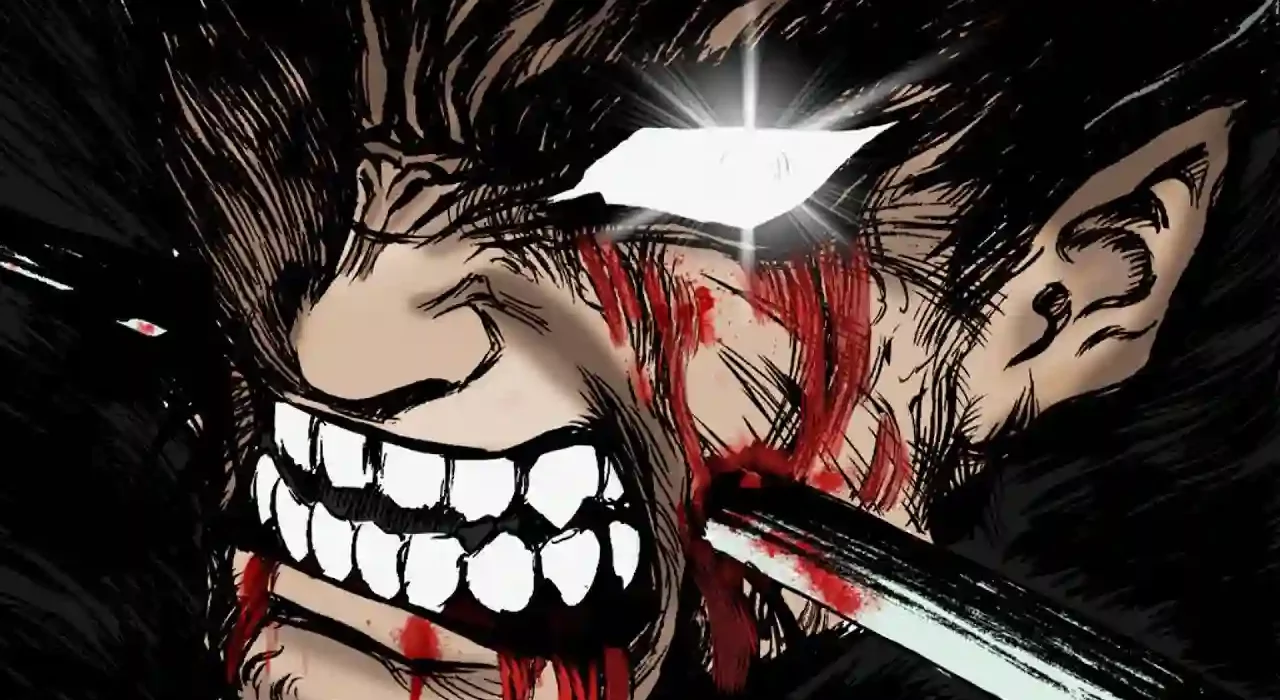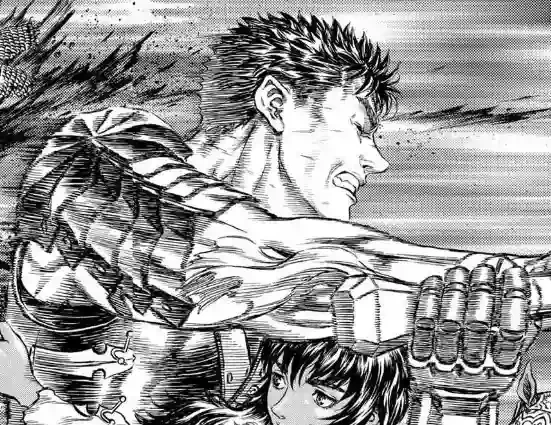In the vast landscape of manga and anime, where fantasy often treads the well-worn paths of heroism and adventure, Kentaro Miura’s Berserk emerges as a dark fantasy epic that has left an indelible mark on the genre. Since its inception in the early 1990s, Berserk has not only captivated audiences with its visceral storytelling and intricate character development but has also reshaped the expectations of what dark fantasy can achieve. In this article, we delve into the profound impact Berserk has had on the dark fantasy genre, exploring how it has redefined the boundaries of narrative intensity.
Breaking the Mold of Conventional Fantasy:
Berserk’s impact is palpable from the very beginning, as it challenges and subverts the conventions of traditional fantasy storytelling. In a genre often characterized by clear distinctions between heroes and villains, Miura introduces a protagonist, Guts, who defies easy categorization. Scarred by a traumatic past and driven by a relentless pursuit of survival, Guts embodies the gritty realism that sets Berserk apart.
The narrative itself unfolds against a backdrop of a medieval-inspired world where political intrigue, supernatural horrors, and existential dilemmas take center stage. Unlike the idyllic landscapes of conventional fantasy, Berserk’s world is one marked by brutality, where kingdoms rise and fall, and characters grapple with the harsh realities of power, betrayal, and the darker aspects of humanity.
Complex Characters and Moral Ambiguity:
Berserk’s impact on the dark fantasy genre is also evident in its portrayal of characters whose moral compasses navigate a vast spectrum of gray. The enigmatic Griffith, leader of the Band of the Hawk, stands as a prime example. Charismatic and driven, Griffith blurs the lines between hero and villain, challenging readers to reassess their perceptions of good and evil.
Guts, the central figure of Berserk, embodies a level of complexity rarely seen in fantasy protagonists. His internal struggles, traumatic past, and morally ambiguous actions contribute to a character arc that transcends the simplistic dichotomies prevalent in traditional fantasy. Berserk’s exploration of the human condition through multifaceted characters has influenced subsequent dark fantasy works, inspiring creators to delve into the psychological depths of their protagonists.
Existential Themes and Philosophical Depth:
At the core of Berserk’s impact is its fearless exploration of existential themes and profound philosophical questions. Miura weaves a narrative that delves into the nature of destiny, free will, and the struggle for meaning in a seemingly indifferent universe. The Eclipse, a pivotal event in the series, plunges characters and readers alike into an existential nightmare, challenging preconceived notions about the nature of life and suffering.
The pervasive sense of nihilism that permeates Berserk prompts audiences to confront the fragility of existence. This philosophical depth distinguishes the series within the dark fantasy genre, setting a precedent for narratives that push the boundaries of fantasy storytelling by engaging with profound questions about the human experience.
Artistry that Evokes Emotion:
Berserk’s impact extends beyond its narrative depth; it is equally amplified by the evocative power of Kentaro Miura’s artistry. The detailed and often visceral illustrations bring the world to life, immersing readers in the hauntingly beautiful and nightmarish landscapes of Berserk. The emotional weight carried by characters is conveyed through the subtle nuances of their expressions, scars, and body language, fostering a deep connection between the audience and the narrative.
The use of shadows, lighting, and composition adds a layer of atmosphere that contributes to the emotional intensity of the series. Whether depicting epic battles, supernatural horrors, or quiet moments of introspection, Miura’s artistry enhances the immersive experience of Berserk, leaving an indelible impression on readers.
Influence on Subsequent Works:
Berserk’s impact on the dark fantasy genre is not confined to its own narrative; it has set a benchmark for subsequent works to aspire to. The series has influenced a new generation of creators, inspiring them to embrace narrative complexity, moral ambiguity, and existential exploration in their own dark fantasy creations.
Themes of trauma, the consequences of power, and the duality of human nature have become more prevalent in contemporary dark fantasy works, reflecting a shift towards narratives that challenge and engage a more mature audience. Berserk’s legacy is evident in the thematic choices and narrative approaches embraced by creators who seek to capture the same level of intensity and depth.
Conclusion:
Berserk’s impact on the dark fantasy genre is a testament to the transformative power of storytelling. By shattering conventions, delving into existential themes, and crafting characters of unparalleled complexity, Kentaro Miura has redefined the boundaries of narrative intensity in the realm of fantasy. Berserk stands not only as a groundbreaking work within its genre but as a timeless masterpiece that continues to shape and inspire the landscape of dark fantasy storytelling for generations to come.




